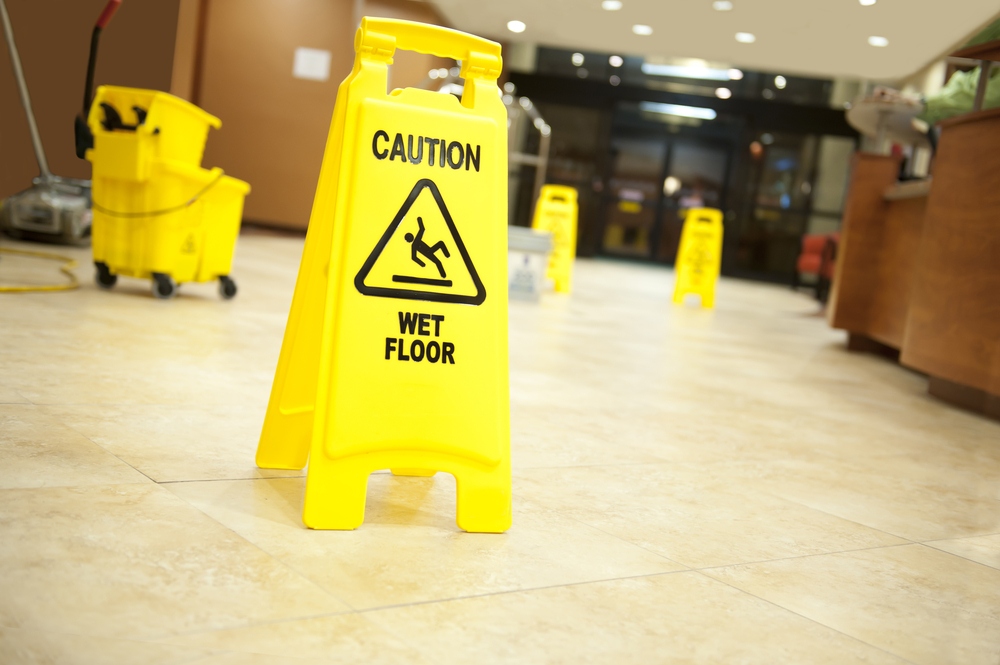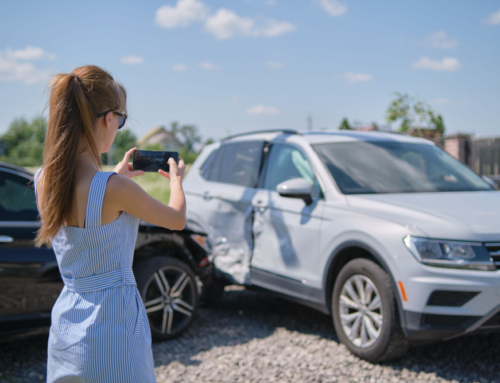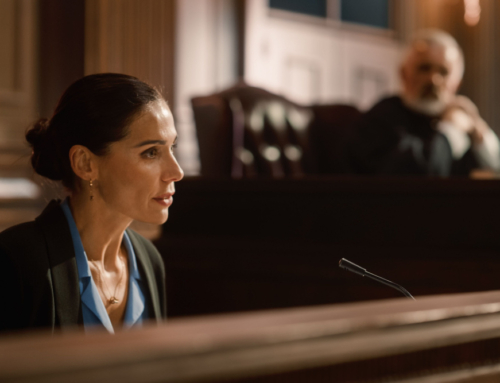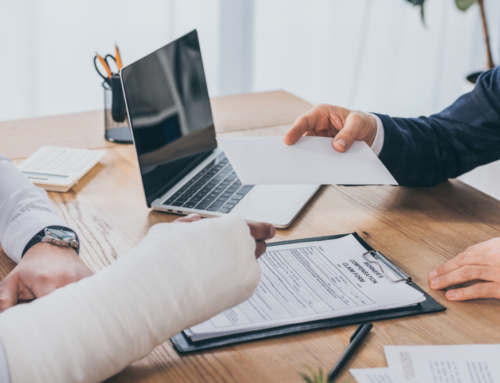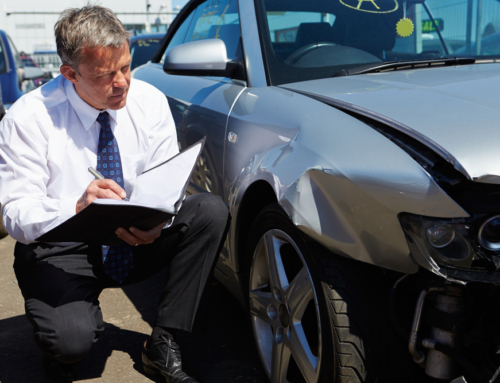Slip and fall accidents, depending on the place of occurrence, can lead to some serious injuries, including broken bones, head trauma/brain damage, muscle sprains, and fractured knees and ankles. Treating these injuries is not cheap either, and may even force you to stay for weeks (or even years) out of work, which will have devastating effects on your income.
If you or a loved one suffered injury from a slip and fall accident caused by someone else’s negligence, you may be eligible for compensation to cover both your medical expenses and lost income.
Steps to Take After a Slip and Fall Accident
You can slip and fall at any place and time – whether it’s at the mall, your workplace, a parking lot, or even in your own house. And while it’s admittedly hard to focus after having such an experience, it is important to keep yourself together even if only for a short time, as whatever you do after your fall can affect the outcome of your future lawsuit(s).
Ideally, here are the steps you should take right after a slip and fall accident:
-
Inspect the accident scene
Obviously, the ‘slip’ in slip and fall must have been caused by something, whether a slippery floor, or uneven surface, or even a loose carpet. So, the first thing you should do is to take a close look at the place where you fell and try to identify what exactly caused you to slip.
Also, look around and see if there are any posters around warning about the slippery/uneven surface and take note of the amount of human traffic passing through the spot at that particular time. If you don’t trust your memory, you can write these things down, or record a voice note on the same.
-
Take Pictures/Videos of The Scene
Personally recorded videos and photos are admissible in many courts today, as long as they are not tampered with in any way. So, after taking a look at the scene of your fall, pull out your phone and take pictures of the floor (showing all the agents that tripped you) and of the immediate surroundings as well. Pay particular attention to any irregularities on the scene, such as spilled food or oil, and photograph the same from multiple angles.
Remember, you need to photograph the scene as soon as you possibly can, as any delays would give the owner of the premise time to fix the situation and consequently kill your case. If you are not in a position to take pictures, ask any of the first responders to do so on your behalf.
-
Gather Witness Details
Even with a full range of photos, you still need eyewitness testimonies to lodge a successful personal injury suit.
Identify the people who were at the scene when you fell and try to get their side of the story. Afterward, politely ask them for their contact information, so you can call them up in case you need their collaborations in court.
-
Inform The Necessary People
Basically, you should report any accidents to the owner of the establishment and then the police (if it’s serious enough). For instance, if you fell at your workplace, let your immediate boss know, and if it happened at a store, inform or have someone inform the store manager immediately. If possible, do so in the presence of at least 2 people who are not affiliated to the premise owner. This is important in case the owner claims you didn’t inform them of your accident when it happened.
-
Seek Medical Attention
This is really self-explanatory….
Visit a hospital as soon as possible, no matter the scale of your injuries. Apart from detecting any hidden internal injuries and treating them on time, the hospital will also give you a doctor’s report, which you can use in court to prove your injury. While at it, collect and keep proof of all medical expenses you incur.
-
Consult a Lawyer
After receiving treatment, look for a credible personal injury attorney – preferably an experienced slip and fall accident attorney – and talk to them about your case. If they advise you to proceed with your claim, defer everything to them. Do not talk to any insurance company, the defendant, or even the police in the attorney’s absence as you may be tricked to say things that may be used to invalidate your case.



